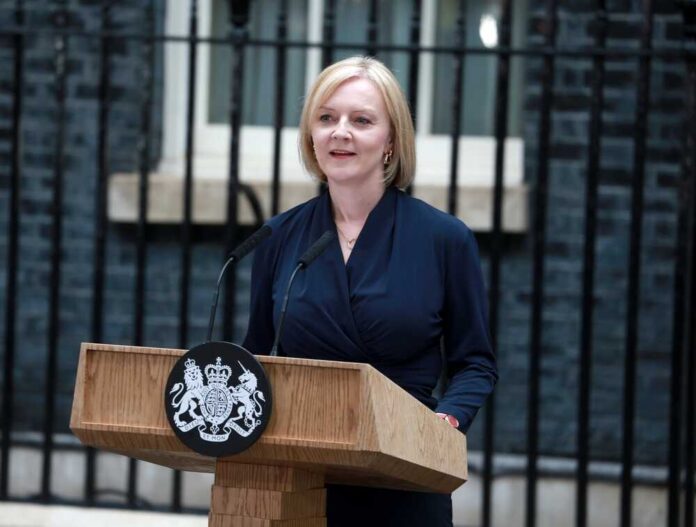Former Prime Minister of the United Kingdom Liz Truss praised the decision of the government to prohibit the use of puberty blockers for minors via the National Health Service. She cited worries about the potential long-term effects of the treatments.
During her appearance on Fox & Friends, Truss cautioned that using hormones as a teenager may have adverse effects on their bodies, reproduction in particular, and future prospects.
Children in the United Kingdom and others have been undergoing this therapy, and Truss explained to Ainsley Earhardt that it was often harmful to their health and fertility. These choices have been advocated by gender ideologues who are putting stress on the health sector in the UK and throughout the world, and they don’t care about or understand the ramifications.
A report shows that Amy Gallagher, a nurse who works in mental healthcare and a mayoral candidate in London, shared Truss’s concern that the negative impacts on children would be permanent.
Concerned about the safety of the hormones for children due to a lack of study, she explained that government whistleblowers had been raising the alarm about them for 20 years. The proof is evident. The number of adverse effects is enormous. Bone density is affected by osteoporosis. As Gallagher pointed out, it affects one’s mood, and there are new indications that it may be associated with cancer.
Hormone treatments and puberty blockers are not justified by the evidence, according to reports from the UK, Finland, and Norway. In Norway, these methods are more appropriately classified as experimental treatments.
Outgrowing their condition is common among transgender youth. According to research spanning decades, a staggering number of “transgender” kids eventually come to terms with their natural identities as adults.
A German study published at the close of February found that there are several methodological and conceptual issues with using hormones and puberty blockers on children and adolescents. Furthermore, the research found that these procedures did not improve children’s mental health in any way.


















